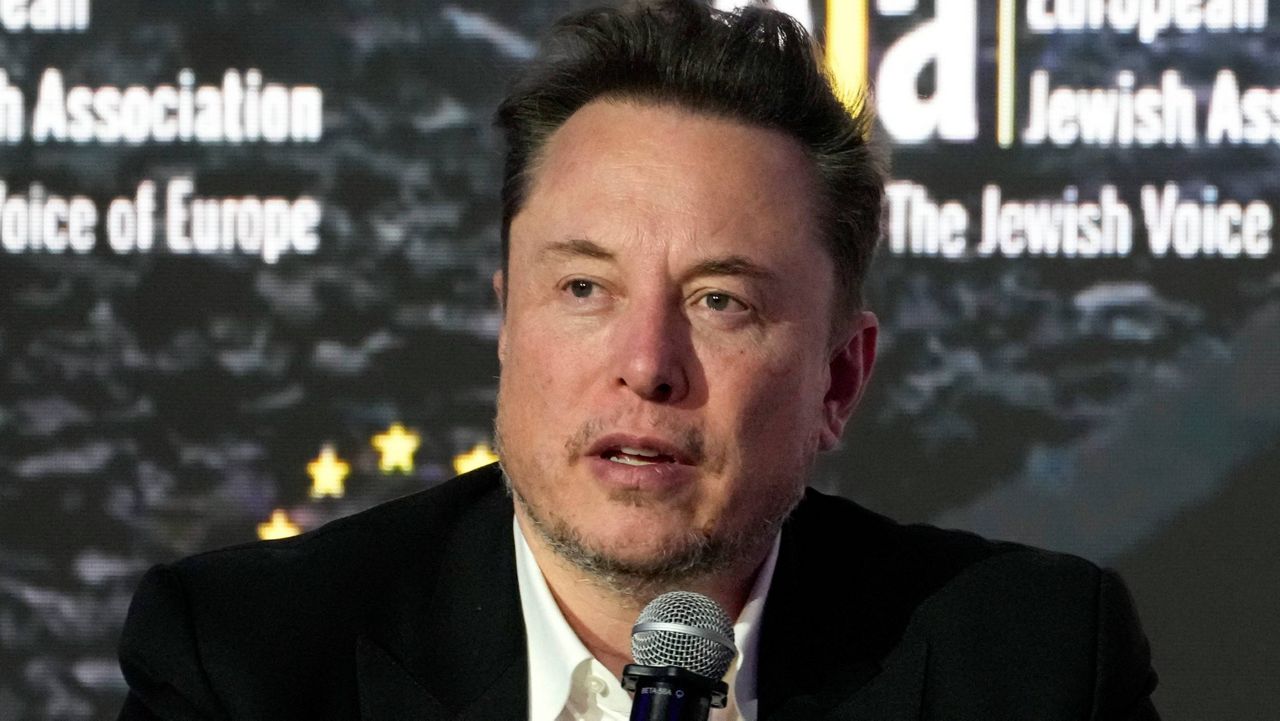A device that could potentially allow blind people — even those born without the sense of sight — to see has received the U.S. Food and Drug Administration’s “breakthrough device” designation.
What You Need To Know
- A device that could potentially allow blind people — even those born without the sense of sight — to see has received the U.S. Food and Drug Administration’s “breakthrough device” designation
- Neuralink, the brain chip company founded by Elon Musk, announced the approval Tuesday
- The FDA program is for medical devices that offer more effective treatment or diagnosis of life-threatening or irreversibly debilitating diseases or conditions
- According to Musk, the device, called “Blindsight,” will allow people who have lost both eyes and their optic nerve to see as long as the visual cortex is intact
Neuralink, the brain chip company founded by Elon Musk, announced the approval Tuesday. The FDA program is for medical devices that offer more effective treatment or diagnosis of life-threatening or irreversibly debilitating diseases or conditions.
The designation aims to give patients and health care providers timely access to devices by speeding up development and the review process, although the FDA stresses the products must still meet its rigorous safety and effectiveness standards.
According to Musk, the device, called “Blindsight,” will allow people who have lost both eyes and their optic nerve to see as long as the visual cortex — the part of the brain that receives and processes visual information relayed from the eyes— is intact.
The device uses a chip that processes and transmits neural signals that could be transmitted to devices such as a computer or phone, Reuters reported.
Musk said, to set expectations correctly, vision to study participants will be introduced at a low resolution “like Atari graphics.”
But, he added, “eventually it has the potential be better than natural vision and enable you to see in infrared, ultraviolet or even radar wavelengths, like Geordi La Forge,” a reference to the “Star Trek: The Next Generation,” played by LeVar Burton, who was born blind but uses technological devices to see.
Neuralink is also testing a brain implant designed to give paralyzed people the ability to control digital devices with their brains.
The company announced last month a second participant has had the chip surgically implanted. He has since been playing video games and learning how to use computer-aided design software to create 3D objects, Neuralink said.








